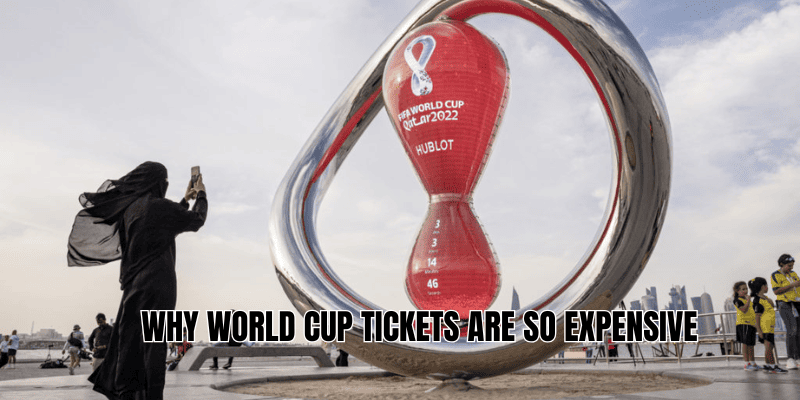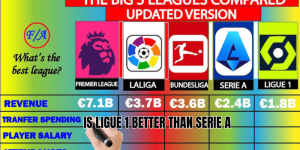You’ve probably wondered why World Cup tickets are so expensive—especially for major matches, finals, or knockout rounds. CicloKick will walk you through the real reasons: it’s not just hype or profiteering. Between dynamic pricing, massive demand, geography, and the scale of the event, multiple cost-drivers combine to push ticket prices sky-high. Here are the main factors, explained deeply.
What’s changed for 2026: Dynamic pricing and bigger scale
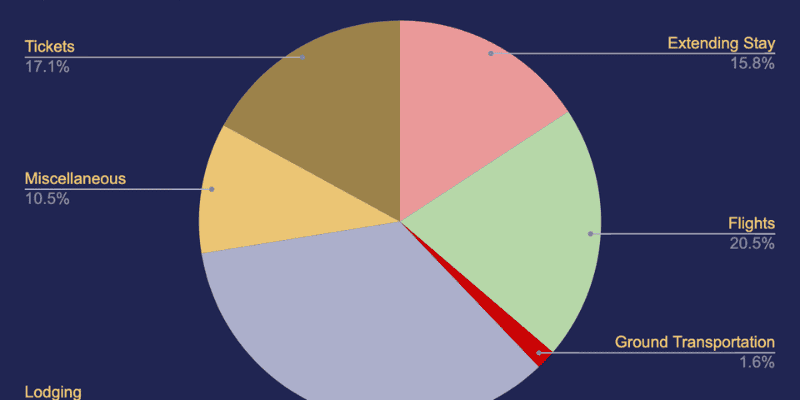
Before diving into all the reasons, it helps to understand what’s shifting with the 2026 World Cup:
- FIFA has introduced dynamic pricing for the 2026 edition, meaning ticket prices will fluctuate based on demand.
- The cheapest group-stage tickets start around US$60, but premium seats at the final may cost up to US$6,730.
- The 2026 tournament is the largest ever: 48 teams, 104 matches, hosted by three countries (US, Canada, Mexico). The scale adds cost.
These new dynamics set the stage. Now let’s look at all the components stacking up to make tickets expensive.
Key factors driving high World Cup ticket prices
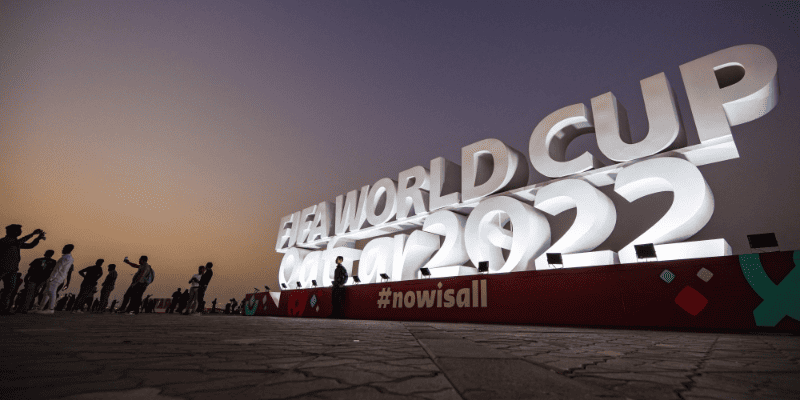
Here are the major elements that push prices up. Some are structural (FIFA’s rules, cost, scale), others market-driven (demand, resale, geography).
1. Demand far exceeds supply
- The World Cup is the most prestigious international football event. Fans. The finite number of tickets (only so many seats in stadiums) cannot match global demand.
- Big matches (group stage matches involving popular teams, quarter-finals, semis, final) attract huge interest, pushing up demand. When demand is very high, dynamic pricing allows for higher prices.
2. Dynamic / variable pricing
- Dynamic pricing means ticket costs fluctuate in real time (or near real time) based on how many people want tickets. For high-demand matches, prices spike; for less popular match-ups, price may stay lower. For 2026, FIFA is adopting this model.
- This system shifts much of the price decision to market forces—if fans are willing to pay more, the cost goes up. It’s similar to surge pricing in ride-sharing, or peak pricing in airlines or hotels.
3. Hosting across three countries and massive infrastructure
- For the 2026 World Cup, the tournament is spread over 16 venues across USA, Canada, and Mexico. That requires coordination, travel, security, stadium preparation, and logistics on a grand scale. The operation costs are immense.
- Infrastructure improvements, stadium maintenance, transport, accommodation, and city services for fans all have to be factored in. All these costs get partially recovered.
4. Premium seats, hospitality and VIP packages
- Not all tickets are equal. The cheapest ones may be basic seats far. Premium ones (closer, better view, special seating, hospitality packages) cost exponentially more. Sometimes thousands of dollars extra for perks like VIP lounges, food/drinks, special access.
- For example, hospitality options for group stage tickets already start in the four-figure range.
5. Secondary market & resale
- A big part of the expense comes from reselling: people buy tickets early (often at face value), then resellers or brokers list them for much more. When demand is extreme, resale markets push prices wildly upward.
- Even though FIFA plans an official resale platform to try to mitigate fraud and scalping, many fans will still turn to secondary markets. By that time, prices may be much higher.
6. Inflation, cost increases, and economic environment
- Over the years, costs for materials, labor, security, transportation, and event organization have increased. Inflation cuts into everything—.
- Travel, lodging, food costs for fans also increase, and some of that is baked into premium packages.
7. Regulatory, logistical, and market boundaries
- Ticket allocations: FIFA reserves many tickets for sponsors, federations, VIPs, media, etc. Only a portion is available to the general public. That reduces supply for regular fans.
- Limits per buyer (e.g. maximum number of matches or tickets per match) mean fans sometimes have to buy less popular matches or pay more for marquee ones.
8. Geographic variation and cost of hosting in North America
- Hosting in the United States and Canada tends to be more expensive: stadium operations, labor, security, etc., are more costly than in many other hosting countries. These costs reflect in ticket pricing.
- Also, fans traveling international routes (flights, visa, accommodation) increase total cost of experiencing the event—FIFA knows many fans must travel far, so higher price tolerances are baked in.
What this means for fans and responses so far
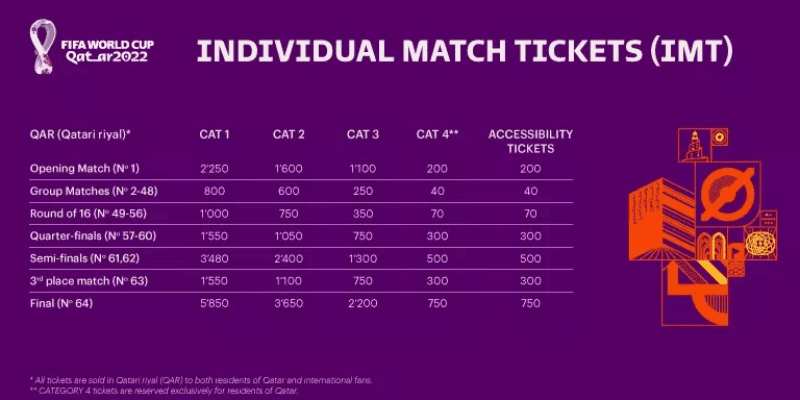
- Fans are pushing back. Many believe dynamic pricing is a “profit-grab” disguised as modern marketing. Complaints include lack of transparency, unpredictability, and the risk that people will be priced out.
- FIFA argues that pricing models reflect what is already common in the markets of host countries (US & Canada especially), where demand-based pricing is routine. They also say dynamic pricing allows more flexibility: matches with lower demand might be cheaper. demand might be cheaper.
- Ticketing phases (presales, draws for Visa cardholders, early and regular sales) are intended to spread demand over time, and give fans multiple chances. But with dynamic pricing, the earlier you buy (or apply), the better your chances of getting a lower price.
Will all matches be expensive?
Not necessarily. There are differences:
- Lower demand matches (teams less popular, remote venues, early group stage) often maintain lower prices. These are where you can still find tickets near base price (e.g. ~$60) if you’re early.
- Last-minute sales of less-popular games might drop in price if lots of seats go unsold (though that’s unpredictable).
- Wherever there are many seats and many options (multiple stadiums, many matches), fans have more leverage and alternatives.
Conclusion
Why world cup tickets are so expensive, especially for marquee matches, is a mix of unavoidable economic realities and pricing strategies designed to capture high demand. But for many fans, there are opportunities: catch early draws, group stage matches, non-prime venues, or seats farther.
CicloKick urges you: if you’re planning to attend the 2026 World Cup, register early, keep track of ticket phases, set alerts, be flexible with match choices, and only buy, you can still enjoy this once-in-a-lifetime event without breaking the bank.

